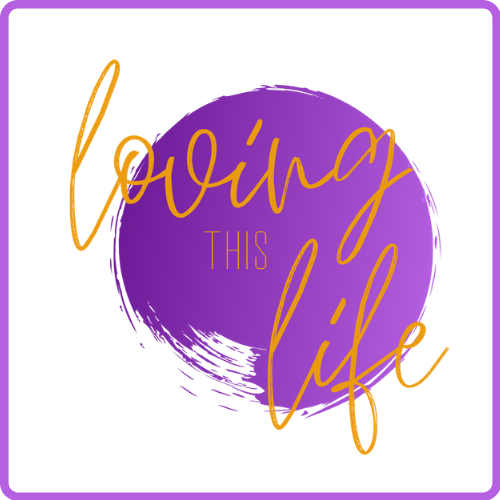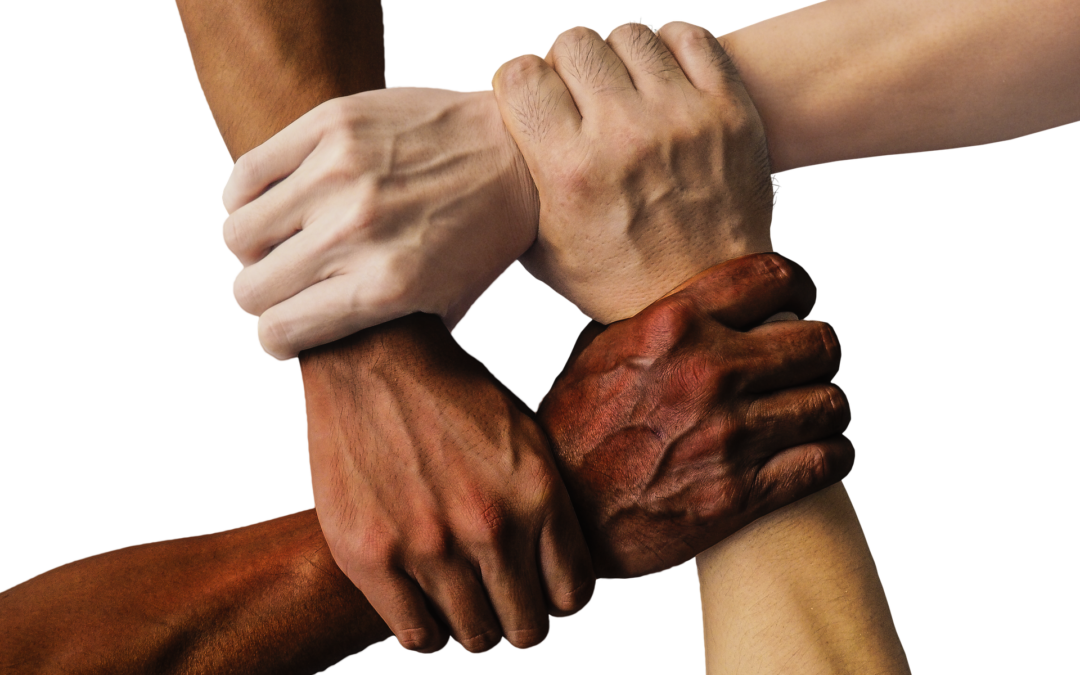I love my country. (Don’t worry, I’m not about to sing the National Anthem!) Australia is a great place to live and grow up. In many ways, we are a laid back society, that loves nothing more than a good barbecue and a rigorous game of something – whether it be football (Aussie rules for me); cricket, tennis – the list is endless.
As Aussies we’ve certainly made some pretty big mistakes. We haven’t always done the best for our indigenous brothers and sisters – in fact far from it. We’ve turned people away from our shores who have needed our help, or, maybe even worse, we’ve “detained” them in some not so pleasant places, while we check them out (a process that seems to last a very long time).
Yet, on the other hand, as Aussies, we’ve always been willing to get involved and fight for what is right. This can be seen in times of war or drought, where Australians wholeheartedly gave of ourselves, sometimes leading to the ultimate sacrifice of life.
A number of things confuse me about Australia as I write this post, but my main concern is the way we seem to give away what is ours, because it might offend those of a different nationality that now call Australia home. Somehow we think we have to give up our traditions and beliefs so we don’t bring about tensions with others.
Where I work, I come into contact with a lovely lady who I think is originally from Iran. Australia is home, but her family’s traditions, beliefs, etc. come from their homeland. I remember asking her a few months back, without thinking, how her Christmas was. She said they don’t observe Christmas, but they really enjoyed the holiday and spent it as family time together. It wasn’t a big deal. I don’t think I started an international conflict by not thinking whether Christmas would be a part of her life or not. It was two people connecting together and as a result, I learnt something about her and her background. She respected me and I her. We can, and do, live together.
It was only when our family went over to Europe for six months that I realized how different Australia actually is. Every country in Europe is bordered by other nations. They have to work out how to live closely together. Obviously, this has caused some major difficulties and even wars in the past. But it’s a part of their everyday life to be living so close to other nationalities.
Whereas, Australia is an island. Our border doesn’t connect with other nations. So, when people from other nationalities come to live here, we have to learn who they are and work out what it means to live side by side.
Isn’t this true in every part of our life, though? It’s not just when we relate to others from different nationalities that we need to think about who we’re relating to and what is helpful. It’s those we come in contact with in our everyday lives, too. When we relate to other Aussies, we often start with our “ritualistic greeting” – “G’day, how ya goin?” (Or how are you, for the more cultured amongst us). This greeting, which seems so trivial, gives us the opportunity to check out the other person and get a feeling for where they are at. If we get more than “not bad thanks, mate” back, we almost tune out, because it’s not part of the ritual. We haven’t got to the point of deciding whether or not we really want to connect on a deeper level with this person, let alone how we might go about that yet.
I’d like to suggest that there are things that would be good for us all to remember so that we can live well with others; whether it be our neighbours, our families, our workmates or those we encounter along the way.
- Listen – to understand what their life is like. How do we really know what life is like for each other? I remember one time watching someone of a different nationality order food and struggle to make themselves understood. As they tried to order, it was obvious they didn’t speak much English; that the café worker was feeling hassled and didn’t have the time to try and understand. Having lived overseas for six months, I knew the isolation and frustration that comes when you understand very little of the language and struggle to be understood. (The one phrase I felt confident in saying was asking for a cup of coffee – there’s only so much coffee one person can have!!) It’s extremely frustrating to try to make yourself understood when someone is wanting to listen and understand, let alone when they can’t be bothered to even try!
This isn’t just in relation to people from overseas. Often those who are younger or older than us need to be listened to so that they are understood. Life has changed so quickly over the past fifty+ years. My experience of life will be totally different to a younger person today.
But as I listen and try to understand what life is like for someone else, I open myself up to seeing life from their perspective. It doesn’t mean that I have to let go of my own view, but I can let myself see life through their eyes and imagine what it feels like.
- Share – Reveal a little of ourselves – why we do things the way we do. This needs to be done with respect and care so that the other person has the chance to hear clearly what is being said. Sometimes in sharing, we realize that there are things that aren’t as important as we first thought; and sometimes it’s the opposite – we realize how significant certain things are! Many people have come to our shores to escape war, torture and poverty and they arrive with literally nothing except what they are wearing. As we listen first, we can see how to share – and sometimes it’s not only with words; it’s in practical ways as well.
- Work out together what we need to understand and possibly create boundaries that might help harmonious relationships and a healthy community life to develop. Ensure there is enough space and safety (acceptance) for each person to share ideas and comment on each suggestion.
- Recycle – Once we’ve gone through the first three steps, the reality is we’ll probably need to go back to the beginning and work through them again…and again…and again!
I know this might seem like a lot of work, but I don’t know of anything that is more worthwhile and satisfying.
At one level, it sounds simple, doesn’t it? Listen, share and work things out together. But I wonder how many conflicts on a personal, national or international level may have been averted if the time and commitment had been given to work through these 4 steps: Committing ourselves to first listen so that we understand; sharing so that we will be understood and working together to create a healthy community life.
What a privilege we have to be involved in each other’s lives. It’s incredibly important work. We don’t need to wait until we meet somebody new, I’m sure we can start this process with people we live with every day, right now.

